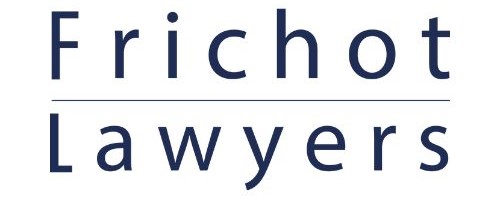Disclosure statements under the Commercial Tenancy (Retail Shops) Agreements Act 1985 WA
Are you a landlord entering into or extending or renewing a “retail shop lease”? Check if you are required to give the tenant a disclosure statement. Because if you are but do not do so, the consequences can be dire.
1. When do you need to give a tenant a disclosure statement?
A disclosure statement must be given to a tenant where a “retail shop lease” is:
(a) entered into; and/or
(b) extended or renewed not pursuant to an option.
A disclosure statement may need to be given to a tenant where a “retail shop lease” is being varied, depending on the nature and extent of the variations concerned. Please contact us for advice on your specific circumstances.
2. When do you not need to give a tenant a disclosure statement?
A disclosure statement need not be given to a tenant where:
(a) the lease is not a “retail shop lease”
(b) the lease is a “retail shop lease” and is being extended or renewed pursuant to an option (without any variation); and/or
(c) the lease is a “retail shop lease” and is being assigned (without any variation or extension or renewal not pursuant to an option)..
3. What happens if you are required to give a tenant a disclosure statement but do not do so?
Where a “retail shop lease” is entered into and:
(a) the tenant has not, at least 7 days before the entering into of the lease, been given a disclosure statement; or
(b) the disclosure statement given is incomplete or contains false or misleading information,
the tenant may, in addition to exercising any other right it may have, do either or both of the following:
(c) within 6 months after the lease was entered into, give to the landlord written notice of termination of the lease;
(d) apply in writing to the State Administrative Tribunal for an order that the landlord pay compensation to the tenant in respect of pecuniary (financial) loss suffered by the tenant as a result of:
(i) the failure by the landlord to give a disclosure statement;
(ii) the giving of an incomplete disclosure statement by the landlord; or
(iii) the giving of false or misleading information by the landlord in the disclosure statement.
However, the tenant cannot terminate the lease due to a failure by the landlord to comply with 3(b) above if:
(e) the landlord has acted honestly and reasonably and ought reasonably to be excused for the failure concerned; and
(f) the tenant is in substantially as good a position as the tenant would have been if the disclosure statement had been complete or had not contained the false or misleading information.
4. What is required for a disclosure statement to be “complete”?
To be complete, a disclosure statement must be:
(a) in the prescribed form (Form 1 of the Commercial Tenancy (Retail Shops) Agreements Regulations 1985 (WA));
(b) completed and signed and dated by the landlord or on the landlord’s behalf; and
(c) accompanied by:
(i) a copy of the form of lease
(ii) the current year’s annual estimated of expenditure for each item of operating expenses; and
(iii) a copy of the tenant guide (Form 4 of the Commercial Tenancy (Retail Shops) Agreements Regulations 1985 (WA)).
5. Case study
Alex has rented premises from Bob for 10 years under a “retail shop lease” and the term of the lease is about to expire. Alex does not have any further options to extend or renew the lease, but has nevertheless agreed with Bob to extend the term of the lease for a further 3 years. Bob will be required to give Alex a disclosure statement as the extension will not be pursuant to an option.
How we can assist
If you require:
- advice as to whether a disclosure statement needs to be given to a tenant in your specific circumstances; and/or
- assistance with preparing a disclosure statement,
please do not hesitate to contact us on 9335 9877 or at [email protected] to arrange an appointment with one of our lawyers. Appointments can be in-person, or by voice or video call.
Please note that this article provides general information only. We recommend seeking legal advice on your specific circumstances from our experienced leasing team.
This article was written by Chris Wong,
Lawyer, Property and Leasing





